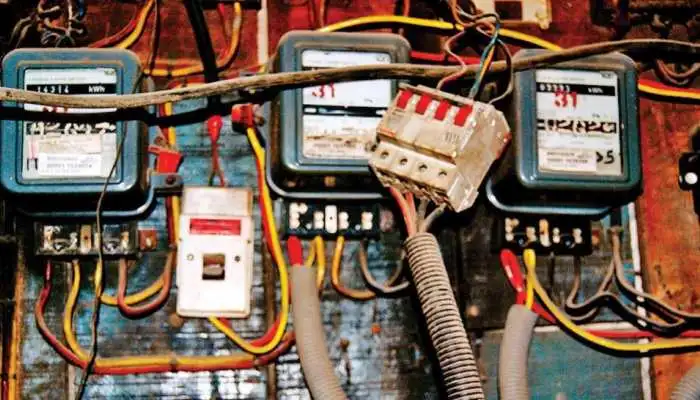Haryana News : Chief Minister Naib Saini has decided to abolish the Minimum Monthly Charge (MMC) for electricity consumers in both rural and urban areas. This rule, initially proposed by former Chief Minister Manohar Lal, targets domestic consumers with a connected load of up to 2 kW and imposes a minimum monthly charge of Rs 115. CM Saini’s implementation of this rule comes four months after it was announced as part of the 2024-25 budget proposals to provide relief to poorer families.
Significant Benefits for Lakhs of Families
Former CM Manohar Lal, in his Haryana Assembly address, had proposed the abolition of the MMC for tariff category-1 consumers with domestic connected loads up to 2 kW. This decision is expected to provide around Rs 180 crore in relief to poor families across the state, benefiting approximately 9.5 lakh households.
A senior state government official noted that the new rule would be effective from the next billing cycle. Consumers can expect a reduction in their total electricity bills ranging from a minimum of 2 percent to a maximum of 91 percent. The official highlighted that if this decision, which charges Rs 115 per kilowatt for domestic connections up to two kilowatts, had been implemented before the Lok Sabha elections, it could have significantly impacted voter sentiment.
Understanding the New Rule
Under the new scheme, consumers will only pay for the electricity units they consume. Previously, a family with a 1 kW load consuming 30 units of electricity in a month would pay Rs 115. With the abolition of the MMC, the bill will now be reduced to Rs 60, as the MSC will no longer apply. Similarly, a consumer with a 2 kW load consuming 30 units in a month would have paid Rs 230, but under the new billing cycle, this will be reduced to Rs 60, with a per unit charge of Rs 2 and no additional MMC.
The electricity charge structure in the state is Rs 2 per unit for zero to 50 units, Rs 2.50 per unit for 51 to 100 units, and Rs 2.75 per unit for 101 to 150 units. The new rule ensures that billing will now reflect these per unit charges without the added burden of the MMC.
This move is expected to provide substantial financial relief to low-consumption households, aligning with the government’s goal of supporting economically disadvantaged families.
Keep watching our YouTube Channel ‘DNP INDIA’. Also, please subscribe and follow us on FACEBOOK, INSTAGRAM, and TWITTER












